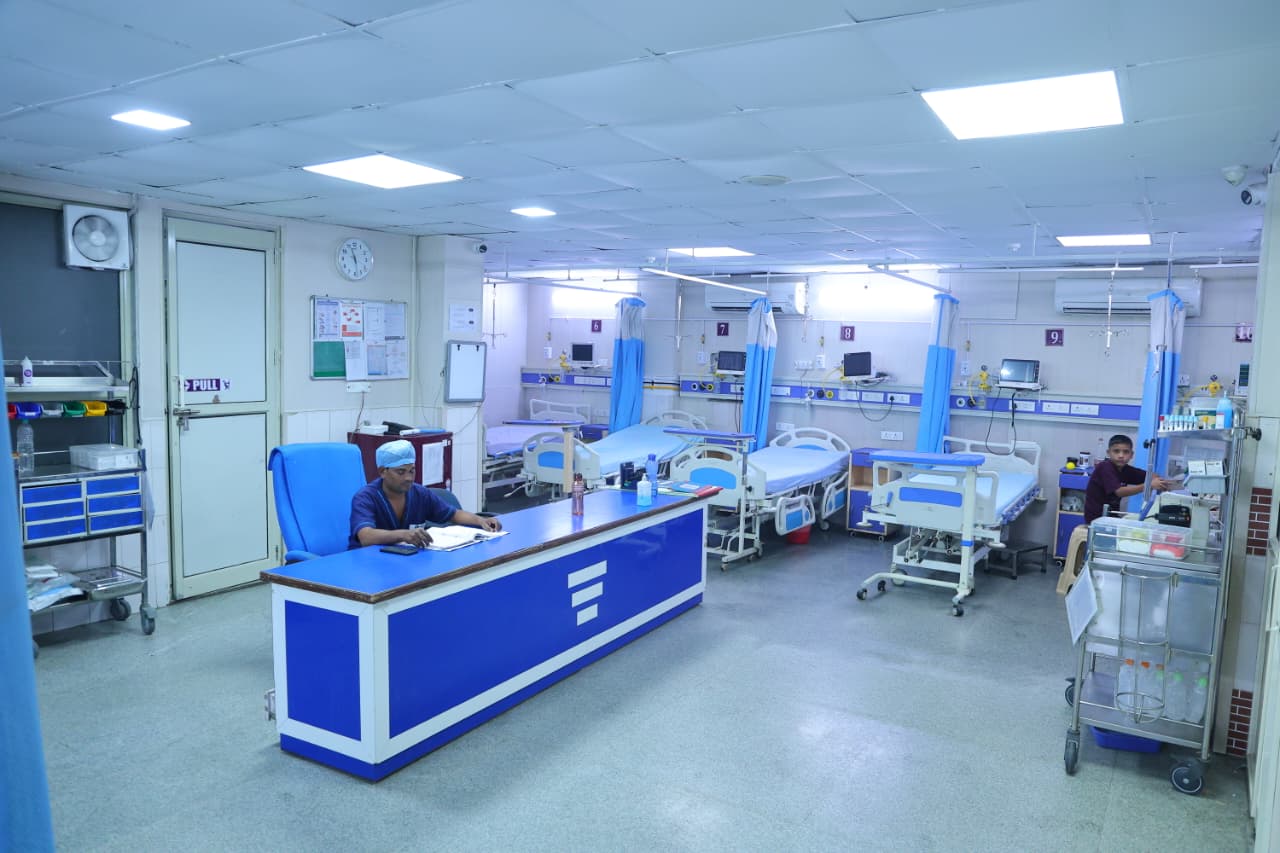
In Healthcare, it's important to come up with new ideas and make improvements to provide better care for patients and make the most of available resources. Feasibility studies are a crucial step in turning these ideas into reality.
A Feasibility Study is a preliminary exploration of a proposed project or undertaking to determine its merits and viability. It aims to provide an independent assessment that examines all aspects of a proposed project, including technical, economic, financial, legal and environmental conditions.
Feasibility Study help healthcare organizations in assessing new projects, initiatives, and interventions in the following way Top of Forms-
Understanding the Purpose: Feasibility studies help healthcare organizations determine if a proposed project or idea can work. They look at things like finance, technology needed, legality, and possible risks to see if the idea is practical and likely to succeed.
Financial Viability-This defines the cost structures and potential revenue forecast to understand if the project is financially viable or not.
Reducing Risks: Feasibility studies find out what problems and obstacles might come up with the project. By doing this, healthcare organizations can plan and come up with ways to deal with these issues.
Using Resources Wisely: Healthcare organizations have limited resources like money, people, and technology. Feasibility studies help them make smart choices about how to use these resources. By looking at the costs and requirements of the project, they can decide how to best use their budgets and make sure resources are used efficiently to reach their goals.
Considering Different Options: Feasibility studies explore different ways to tackle challenges or opportunities. By looking at different approaches, healthcare organizations can compare them and pick the best one based on the study's results. This increases the chances of choosing the most effective and suitable plan of action.
Helping with Decision-Making: Feasibility studies provide valuable data and analysis for decision-makers in the healthcare organization. With this information, they can evaluate the project's merits and make choices that align with the organization's long-term vision and goals.
Getting Support from Stakeholders: Feasibility studies involve important people like healthcare professionals, administrators, and community representatives. By including them in the process, healthcare organizations can get valuable insights and perspectives. This not only makes the study more accurate but also increases the chances of getting support for the project.
Recent Posts

Get Free
Consultations
Special Advisors









Role of SOPs in Hospital Efficiency